Hiring is becoming more difficult than ever for skilled trades businesses. 77% of tradespeople view the labor shortage as a problem, a 7% increase since last year, and the shortage shows no signs of slowing down as Baby Boomers continue to retire at a record pace.
Businesses face stiff competition for qualified candidates to backfill open roles, which on average, remain vacant for longer and longer, causing profitability to suffer.
One essential tool, which can actually help to accelerate hiring while improving the overall quality of hires, is called a pre-hire assessment.
What exactly is a pre-hire assessment?
A pre-hire assessment is designed to evaluate a candidate’s skills and abilities. The results of this assessment allow hiring managers to understand what skills the candidate is proficient in and where the candidate has room for improvement.
We’re going to take a closer look at why the pre-hire assessment is a tremendously helpful tool in your hiring toolkit and can make a real impact on your bottom line.
Pre-hire assessments can accelerate hiring speed
Hiring speed is vital for trades-based businesses because job vacancies represent time that’s “unschedulable,” so service requests take longer to address.
For some trades-based businesses like HVAC and plumbing companies, unfilled job openings slow down the revenue generation machine.
For other trades-based businesses like multi-family, unfilled job openings mean that your existing staff is forced to compensate for lack of personnel, leading to longer lead times and declining customer satisfaction.
Adopting a pre-hire assessment speeds up the hiring process by allowing you to process more candidates through the hiring pipeline at a faster rate. By using a pre-hire assessment as a filtering tool for your pipeline, you can use it to screen out candidates that do not meet your minimum requirements for the job opening. A pre-hire assessment also functions as a second screening tool beyond the candidate’s resume which often doesn’t tell the full story of that candidate’s aptitude and experience.
This means that you can surface truly qualified candidates faster, getting the jump on your competition in a crowded job market.
Pre-hire assessments also reduce the amount of hands-on time a hiring manager needs to dedicate to the hiring process to fill the role. By using a pre-hire assessment prior to conducting a ‘ride along’ with a candidate, the hiring manager will spend less time assessing candidates only to find out that they didn’t meet the minimum technical requirements. The pre-hire assessment also serves to reveal gaps that may not have been apparent on a ‘ride along’ evaluation day, too.
Pre-hire assessments can improve the quality of your hiring
Not only do pre-hire assessments allow trades-based businesses like HVAC and plumbing companies to hire faster, but they’ll also help companies hire better, too.
Consider that interviewing candidates is not a key part of most people’s day-to-day job functions, and add to that the fact that an interviewer has a lot of ground to cover to get a sense of the candidate’s range and depth of technical skills.
Combining these two aspects opens up quite a bit of room for error in evaluating a candidate’s technical aptitude in the short window of time that an interview offers.
However, with an already-completed skills assessment in hand to provide a baseline measurement of the candidate’s technical aptitude, a hiring manager can instead use the interview to focus on soft skills like attitude and the customer service mindset.
Perhaps that’s why hiring managers who use pre-hire assessments report “36% more satisfaction with their final decision than those who don’t,” according to research by the Aberdeen Group.
Pre-hire assessments are the first step to first-rate onboarding
Not only do pre-hire assessments assist your team in making better hires quicker, but they also provide a headstart for onboarding new hires.
When you’re aware of what areas new hires need additional training in from day one, you can customize their training to begin in that subject matter area rather than onboarding them to a generalized training curriculum.
You can also use that information to better arrange scheduling so that you continue to send the best qualified technicians to each call. If you know that a new tech needs extra training for a particular area, you can provide that training while sending other technicians who are stronger with that type of service call. This provides a ramp for the new hire wil mitigating the risk of costly mistakes, callbacks, and rework.
The ability to target training to the individual from the outset of their employment with your company shortens the “time to ramp” for new hires, getting them ready to handle service calls quicker.
It’s also one of the reasons that companies that utilize a pre-hire assessment report an astonishing 39% lower turnover rate than those who don’t use a pre-hire assessment. New hires can see, from day one, that their new company is invested in their advancement within the company when they have a clear roadmap to that development and career progression.
Level up your hiring process with Interplay Learning’s HVAC and Multi-Family skills assessments
Interplay Learning currently has five skill assessments: HVAC, plumbing, electrical, facilities maintenance, and multi-family.
When a candidate completes an assessment, an instant score is sent to the hiring manager along with a report explaining what focus areas they need to work on which Interplay Learning courses would be appropriate to address gaps upon onboarding the new hire.
Interplay Learning’s skills assessments can also be used for:
- Continuing education to provide ongoing development of all employees, from new hires to your most seasoned techs
- Quarterly and annual reviews to measure the growth of technical aptitude and provide a benchmark for progress toward quarterly/yearly goals
- Incentive programs motivate employees to work toward further skill development
Implementing a pre-hire skills assessment just makes sense
Implementing a skills assessment can accelerate your hiring speed while improving the quality of the hires you make at the same time. It’s a simple way to make both interviewing and onboarding processes more productive while reducing the room for human error resulting in better outcomes.
If you’re interested in learning more about Interplay Learning skills assessments as part of our Interplay Learning training platform, request a demo.










